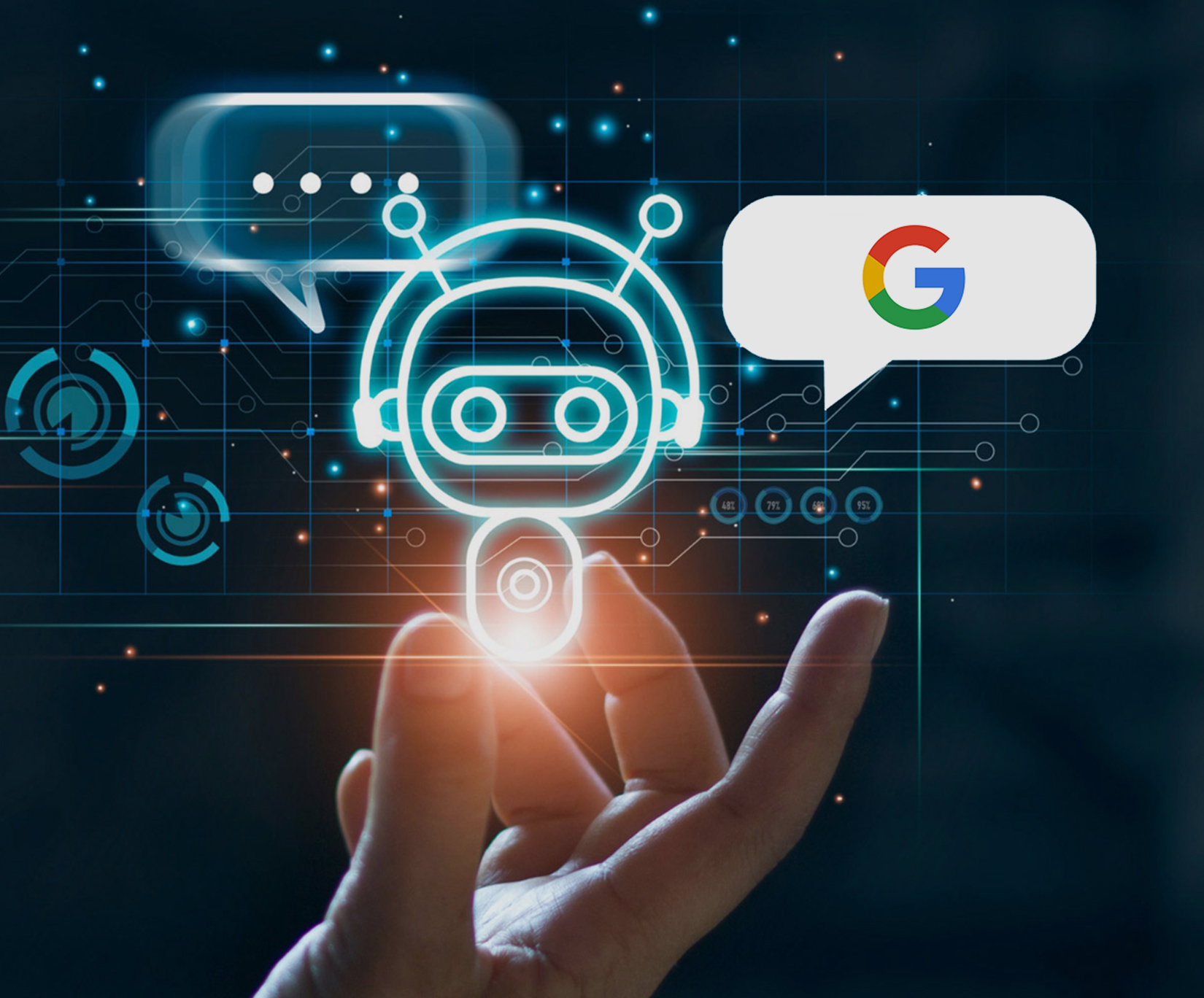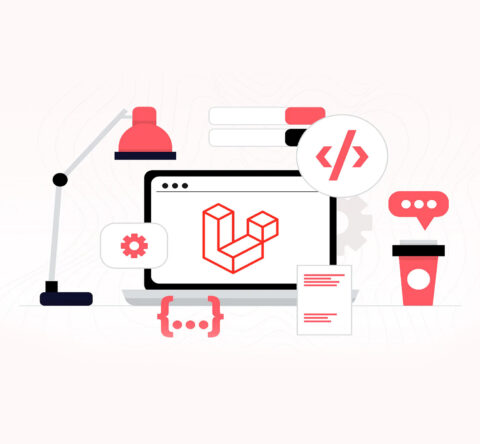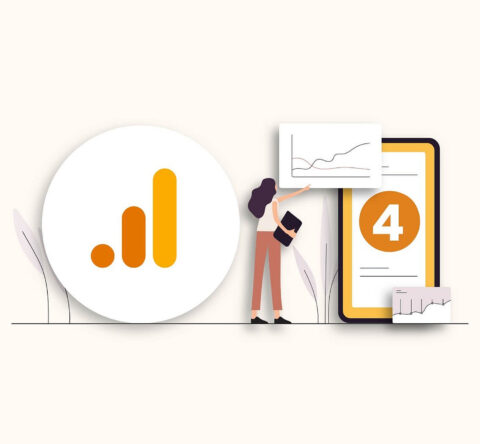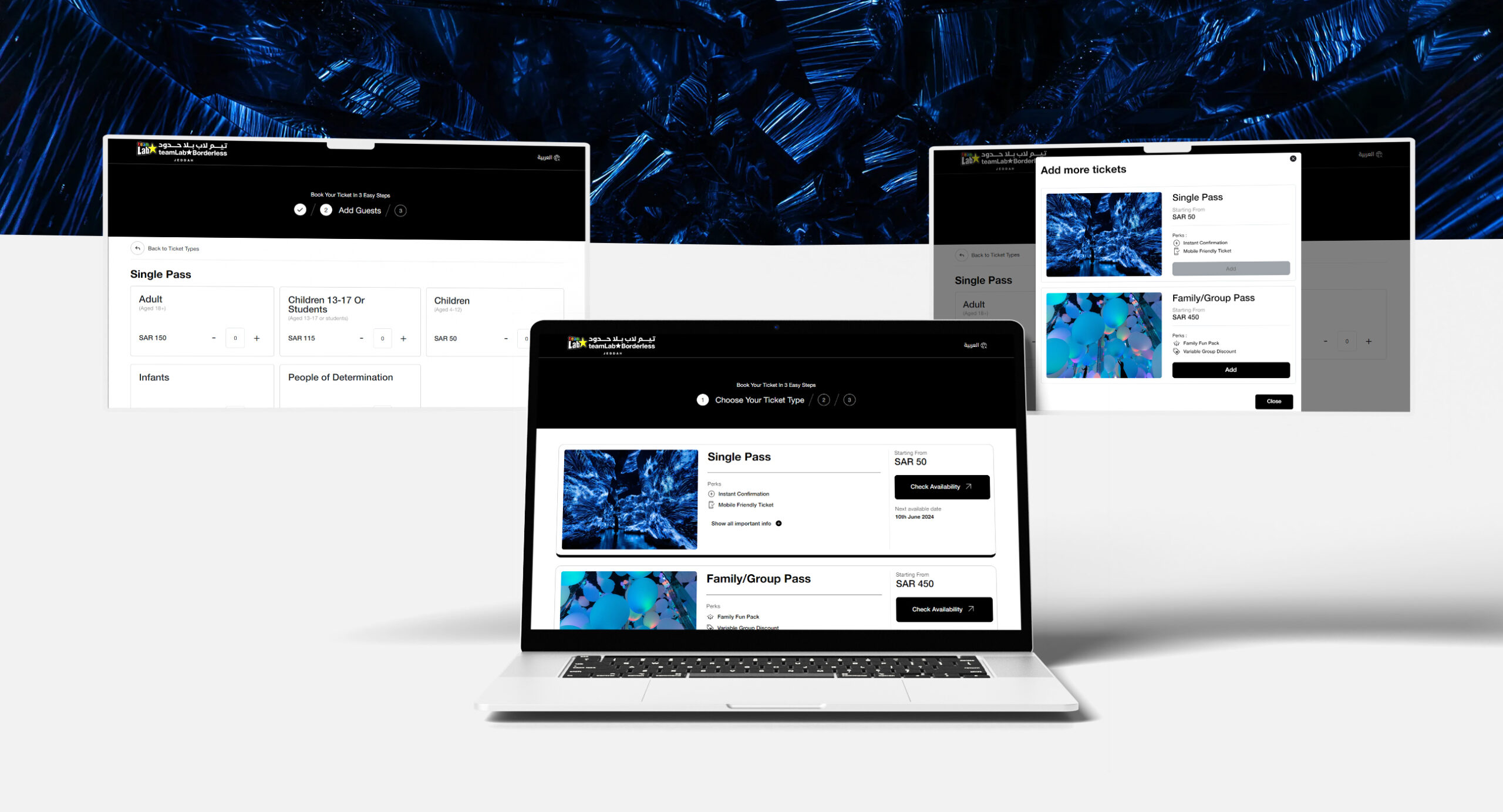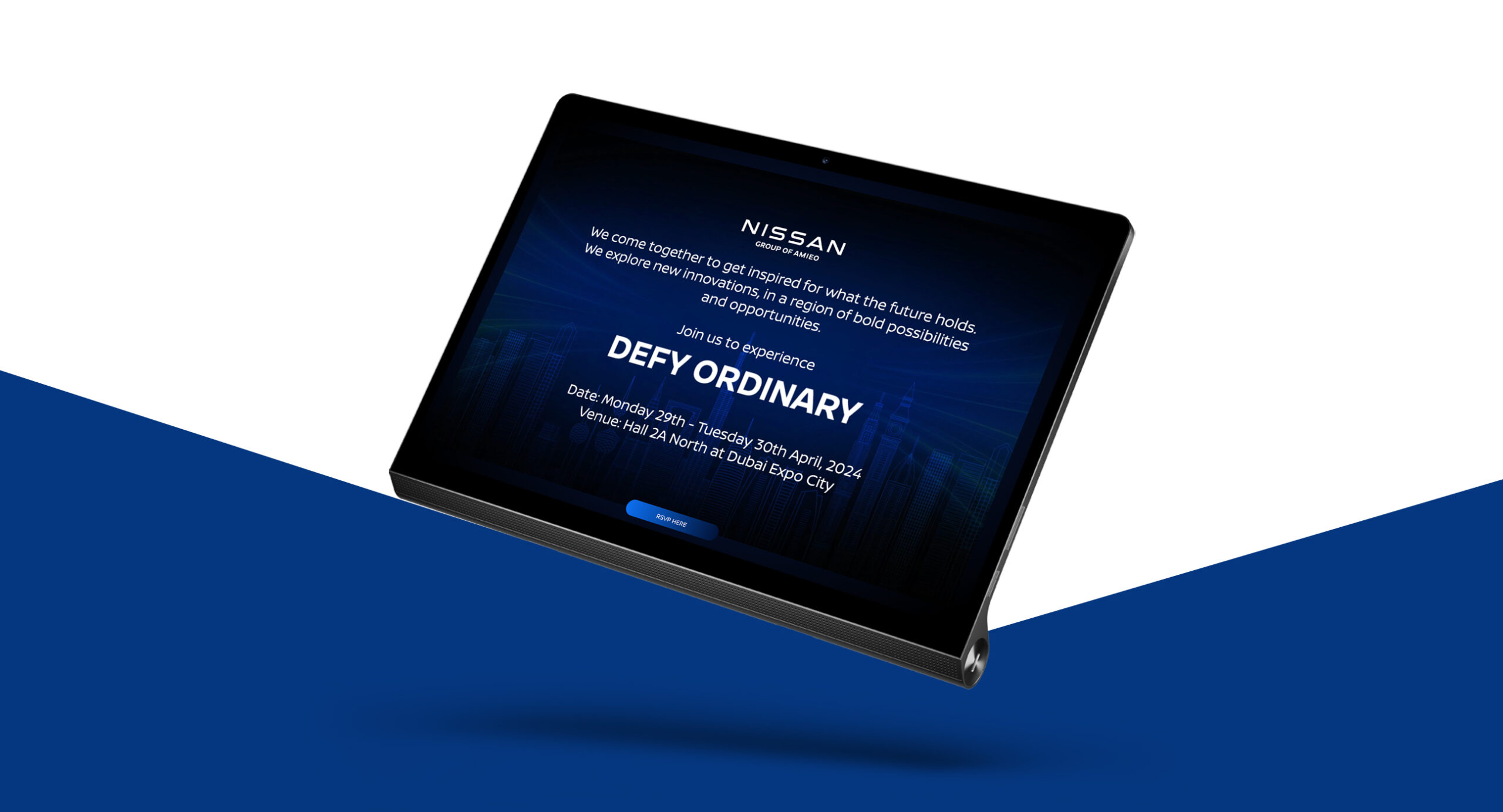One thing that most people love is chatbots, believe it or not, this amazing technology is gaining more traction in 2023 and all thanks to this tool, ChatGPT. This tool has been making some serious headlines and raising so many people’s eyebrows. With OpenAI’s ChatGPT Google could pose a significant threat to its search engine AI monopoly that has remained virtually untouched for over a decade.
ChatGPT was launched in late 2022 by OpenAI and why did it become so popular? This tool provides precise detailed answers in natural language on a variety of subjects when a user enters a prompt. So, when a thing like this with so much potential is revolutionizing the internet, what does it mean for the world’s biggest search engine provider? well, to launch something innovative such as a search engine AI or chatbot, etc. to beat the competition.

Now that 2023 has entered the second month, one hot news in the tech world is that Google is testing a new search engine design. More specifically, an AI powered search engine that integrates chat technology. So, what is this all about? we have explained them all in this article, let’s get started.
Google & AI
AI is not something new to Google. They have been working on it for years and implemented it in their google AI search algorithm, which has become smarter than before and in their suite of products we all use daily. With the launch of ChatGPT, it’s known that Google is on its way to launching its chatbot tool named BARD. Built on Google’s LaMDA technology, this upcoming chatbot tool would provide detailed conversational answers based on recent events. This is something where ChatGPT falls short.
However, BARD is currently in the testing phase. While that’s the case, Google is also trying to bring a sort of AI powered search engine that integrates chat technology. Why is this happening despite the company claiming it won’t build a direct ChatGPT competitor when they have more to lose in terms of company reputation? The thing is that Google is after all focused on maintaining its monopoly status as the world’s #1 search engine. A recent report published by CNBC provides more details on what the upcoming google search design may look like.
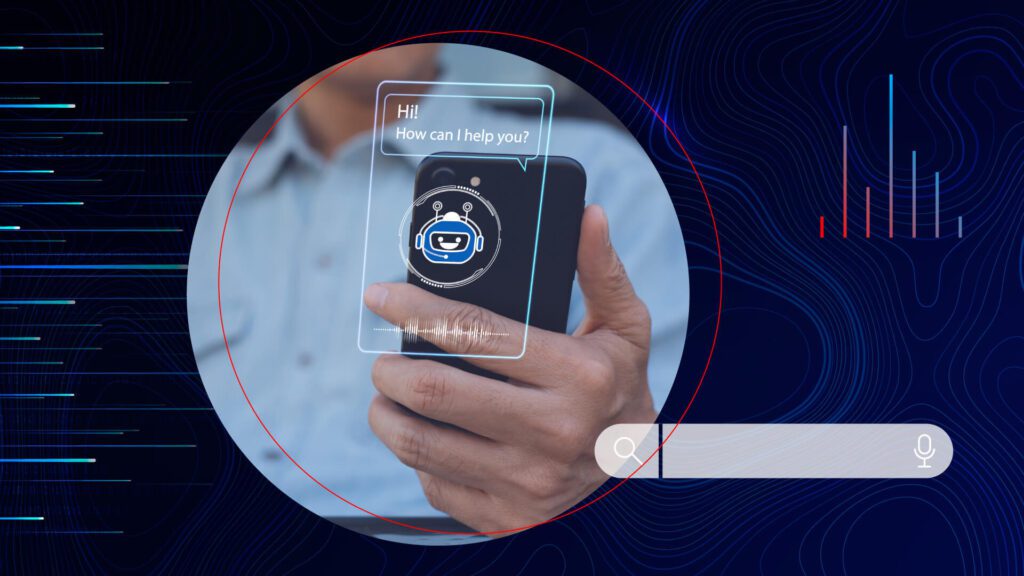
Also, for the first time in years, the search engine AI giant is facing competition in the search domain. Even though ChatGPT still has a long way to go in terms of accuracy and knowledge of events after 2021, Microsoft has poured billions of dollars into the company and for what purpose? To make this technology faster, refine and integrate it into Microsoft’s own Bing search. Once that happens, Google will surely lose a significant chunk of its market share in terms of revenue, data collection and a lot more.
What does the new design look like?
The CNBC report mentioned above gives users a peek into what this new google search design could look like than the existing one once the chatbot features are added. Google could most probably replace the “I’m Feeling Lucky” button under the search bar with five prompts for chatbot responses. In addition to that, they may also add a small chat logo towards the far right end of the search bar. However, it may look similar to the current SERPs that provide a featured snippet which is then followed by the organic results. Based on this description, let us give a detailed example of the upcoming google search design.
Say, you search “why milk is good for you” and what happens here is that a grey bubble appears in the place of the featured snippet section that explains your answer clearly. However, this answer will most likely be generated by AI and only after that the other responses and organic results will be shown.
Let’s take another instance. This time if you searched “how chocolate milkshake is made?” the google search engine AI would show you a detailed result on making a delicious milkshake. This will be then followed by the “People also ask” section and finally the organic results.
Did you notice anything in common between these two examples listed above? In both fictional queries made by the user, the organic results are not the ones to pop up first; rather a conversational snippet completely generated by an AI powered search engine comes first to the user and only after that, the organic results are shown.

How will this affect organic results?
Implementing AI is good, however, this also means that Google’s organic search results could be bumped lower. As explained in the above examples, when this new search engine AI is launched and you search for something in the future, a grey bubble right below the search would display natural language responses, unlike the traditional search results we are all familiar with.
Everything else below that would show what Google already shows such as the various links, headlines, and more. More importantly, it sounds like this would push Google’s organic search results much further down the page which will cause discomfort among digital marketers, brands and all those looking to get to the top position of search results. Could this be the mainstream reality when Google AI powered search engine launches?
Even though this is not completely different from the current google search design, this would mean that the website visibility and organic traffic can get impacted. A spokesperson for Google has described AI as a “transformative technology that is incredibly useful for individuals, businesses and communities,”. He has also added that people need to consider the broader societal impacts these innovations can have in the future.
What will this mean for users?
AI-implemented search engines will be beneficial to users looking for a more rich interactive web experience. However, as said before, this approach will affect the visibility and traffic of websites that are currently displayed as the top results when users make a search query. Despite this, it will be exciting to see the war on search engines in 2023. Let’s see what will happen once the google AI search algorithm or the AI search engine gets launched. Being a responsible citizen, what are your thoughts on google search engine AI? Let us know in the comments below.
For more such blogs, Connect with GTECH.
Related Post
Publications, Insights & News from GTECH


